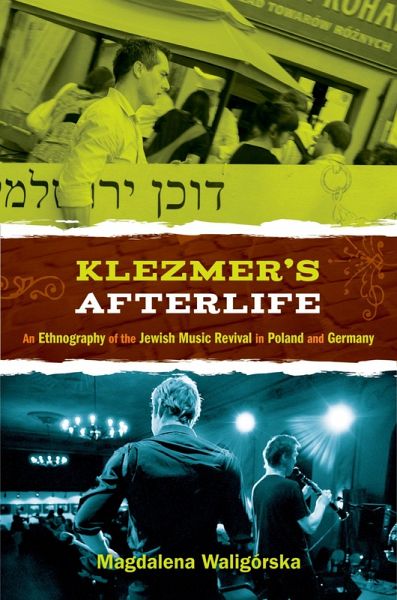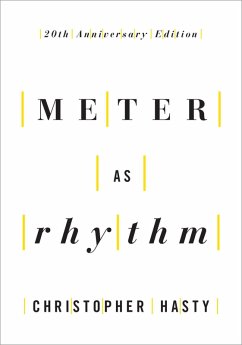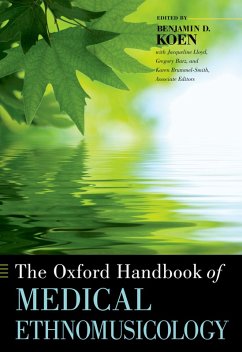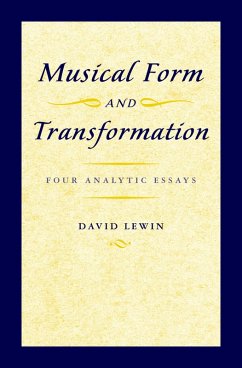
Klezmer's Afterlife (eBook, PDF)
An Ethnography of the Jewish Music Revival in Poland and Germany
Versandkostenfrei!
Sofort per Download lieferbar
13,95 €
inkl. MwSt.
Weitere Ausgaben:

PAYBACK Punkte
7 °P sammeln!
Klezmer in Europe has been a controversial topic ever since this traditional Jewish wedding music made it to the concert halls and discos of Berlin, Warsaw, Budapest and Prague. Played mostly by non-Jews and for non-Jews, it was hailed as "fakelore," "Jewish Disneyland" and even "cultural necrophilia." Klezmer's Afterlife is the first book to investigate this fascinating music scene in Central Europe, giving voice to the musicians, producers and consumers of the resuscitated klezmer. Contesting common hypotheses about the klezmer revival in Germany and Poland stemming merely from feelings of g...
Klezmer in Europe has been a controversial topic ever since this traditional Jewish wedding music made it to the concert halls and discos of Berlin, Warsaw, Budapest and Prague. Played mostly by non-Jews and for non-Jews, it was hailed as "fakelore," "Jewish Disneyland" and even "cultural necrophilia." Klezmer's Afterlife is the first book to investigate this fascinating music scene in Central Europe, giving voice to the musicians, producers and consumers of the resuscitated klezmer. Contesting common hypotheses about the klezmer revival in Germany and Poland stemming merely from feelings of guilt which emerged in the years following the Holocaust, author Magdalena Waligorska investigates the consequences of the klezmer boom on the people who staged it and places where it occurred. Offering not only a documentation of the klezmer revival in two of its European headquarters (Kraków and Berlin), but also an analysis of the Jewish / non-Jewish encounter it generates, Waligorska demonstrates how the klezmer revival replicates and reinvents the image of the Jew in Polish and German popular culture, how it becomes a soundtrack to Holocaust commemoration and how it is used as a shining example of successful cultural policy by local officials. Drawing on a variety of fields including musicology, ethnomusicology, history, sociology, and cultural studies, Klezmer's Afterlife will appeal to a wide range scholars and students studying Jewish culture, and cultural relations in post-Holocaust central Europe, as well as general readers interested in klezmer music and music revivals more generally.
Dieser Download kann aus rechtlichen Gründen nur mit Rechnungsadresse in A, B, BG, CY, CZ, D, DK, EW, E, FIN, F, GR, HR, H, IRL, I, LT, L, LR, M, NL, PL, P, R, S, SLO, SK ausgeliefert werden.













